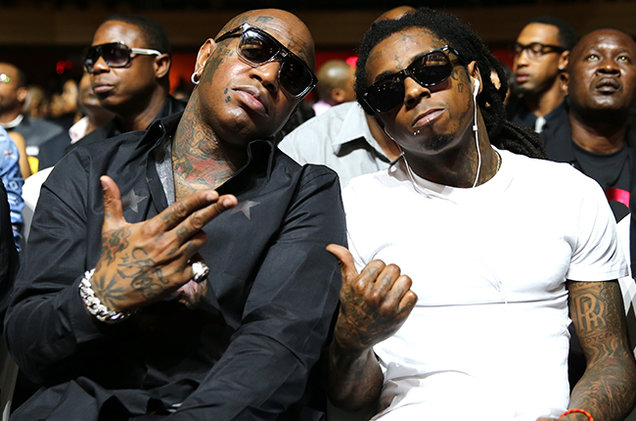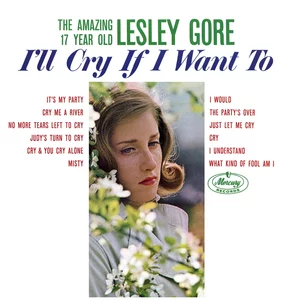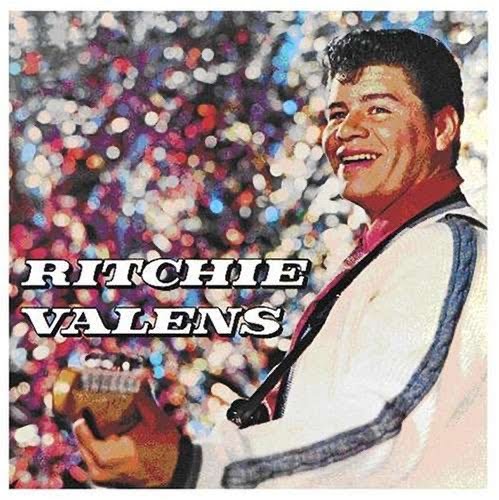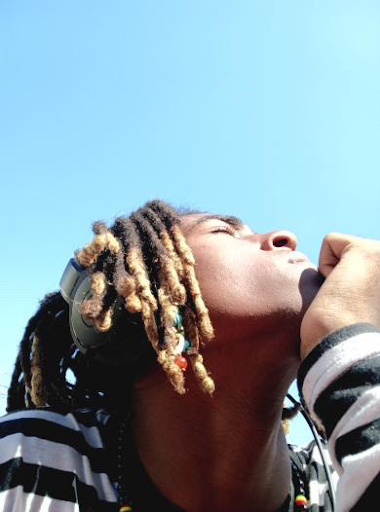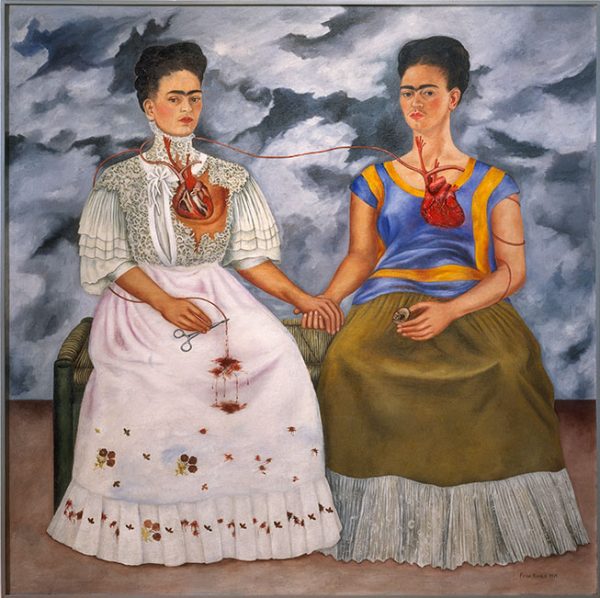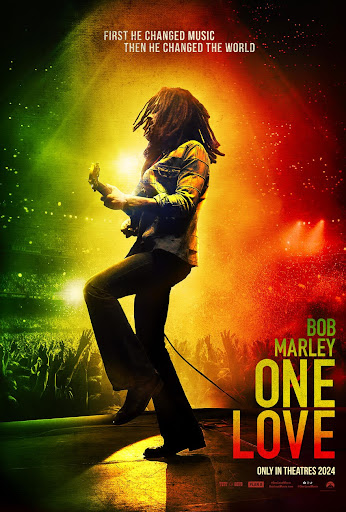Artists break free from record labels
Music distribution is not the same today as it was ten years ago. In 2005, 13.6 million albums were downloaded digitally. Today, over 100 million albums are downloaded each year. The age of physical music is vanishing.
The problem with record labels may be the initiation of the problem. Record labels take care of the production, manufacturing, marketing, and copyright enforcement of music. They also recruit and find new music talent, and retain contracts with artists and their managers. Many people get upset at the artist for not releasing an album on the expected date, but what they do not realize is it may be the label’s fault.
Recently, there has not been the best relationships with artists and their record labels. For example, back in December 2014, Lil Wayne called out Birdman and his long-time label, Cash Money Records, for delaying the release of his long-awaited album, Tha Carter V. “To all my fans, I want you to know that my album won’t and hasn’t been released bekuz Baby & Cash Money Rec. refuse to release it,” said Lil Wayne via Twitter.
“Lil Wayne and other artists should have the freedom to release any content they want, whenever they want.” senior Dontae Johnson said.
Just one month later, Wayne files a $51 million lawsuit against Cash Money. He claimed that Cash Money was violating the terms of by not releasing Tha Carter V, his intention was to take Young Money signees with him, including notably Drake and Nicki Minaj. After 18 months after the start of their beef, Wayne went on stage and yelled, “F*** Cash Money,” at a performance in Denver.
“When artists leave their labels, it makes it harder for other artists to come up and get signed. Leaving the label causes the label to lose money on that contract,” senior Saad Farooq said.
This negative relationship between artists and their labels is not uncommon. Lately, several of them have been calling their labels out and exposing their unethical actions. Last year, Prince expressed his real opinions on record labels. “Record contracts are just like – I’m gonna say the word – slavery, I would tell any young artist… don’t sign,” Prince said.
This movement has also given the option for artists to sign with streaming companies, like Spotify and Apple Music, and exclusively release their music through them. This has been very common recently, especially with Jay-Z founded company, Tidal. This two year old company is said to give artists the highest percentage of royalties of all streaming services. This also encourages artists to exclusively release music through that app, and avoid signing with a label. Apple Music exclusives are usually only on their app for a week, then released to all other services, including VIEWS, Coloring Book and Birds in the Trap Sing McKnight.
Frank Ocean had a very interesting interaction with his label, Def Jam. After four years of not releasing music, Ocean dropped a visual album, Endless, which was exclusive to Apple Music. The release of this visual album suspended Ocean’s contract early, which allowed him to release Blonde, the following day, independently. Many speculated that Ocean did this intentionally, to be released from Def Jam early.
Even though this may be for the greater good, not everyone agree with these artists’ actions. “I think that it’s just not good for music culture, with it increasingly difficult for musicians to make a living already. If artists start working for the companies that are deterring their livelihood then the art as a whole will lose quality,” Farooq said.
Music management is a transformed industry and the releasing of it may never be the same.

Senior Hussein Salem is the Entertainment Editor for The A-Blast. This is his fourth year on staff, he enjoys watching sports, listening to hip-hop and...



